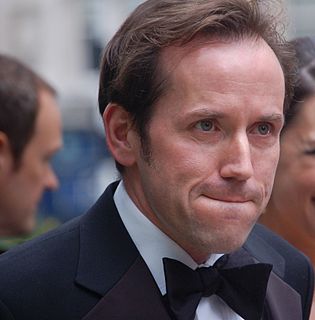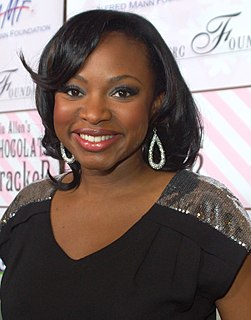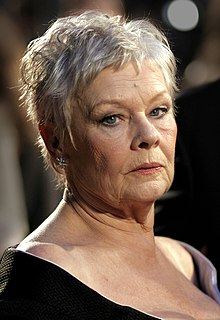A Quote by Duncan Jones
You have to be flexible enough to realize that, over the course of making a film for three and a half years, things are going to slightly change and drift, as you work out solutions to each problem as they come up.
Related Quotes
I wrote, I think, half a dozen films that were completely out of genre. Comedies, love stories, even one serious film about Vietnam, and we couldn't get backing for any of it. And we both sort of drifted from making, at that time, serious money on Last House to going through it all in the course of almost three years and only getting offers to do something scary again.
I run my own film school, the Rogue Film School, and I do it over three and a half days, eight hours non-stop everyday; alone, single-handedly. But the difference is in the Rogue Film School I do have real human beings in front of me from all over the world, and of course there's this course as well, they can ask, talk about their problems and obstacles, finances, anything, you just name it. Whereas in the Masterclass, you are speaking to cameras.
Each of my books has taken me a different length of time to write - eight months for 'Seesaw Girl,' eight months for 'Shard,' three years for 'When My Name Was Keoko!' The publisher takes another year and a half to work on the book, so altogether each book can take up to three or four years to publish.
When you start looking at a problem and it seems really simple, you don't really understand the complexity of the problem. Then you get into the problem, and you see that it's really complicated, and you come up with all these convoluted solutions. That's sort of the middle, and that's where most people stop... But the really great person will keep on going and find the key, the underlying principle of the problem - and come up with an elegant, really beautiful solution that works.
The fact that you're having disagreements with each other isn't a problem -that just shows that there are some areas of your relationship that need to be worked on. And that's normal. People are different, so of course you're going to run into times where your differences come out and rub each other the wrong way. But what's important is that you both commit to work on those differences until both of you are satisfied. When you do that, you're walking the right road together and over the long-run you'll do just fine.
In terms of getting people to experiment more and take more risk, there are at least three things that immediately come to my mind. Number one, of course, is role-modeling it yourself. Number two is when people take intelligent, smart risks and yet it doesn't work out, not shooting them. And number three, being honest with yourself. If the culture you have is radically different from an experiment and take-risk culture, then you have a big change you going to have to make—and no little gimmicks are going to do it for you.
I've kind of fallen out of love with politics. ...Whatever experience and talents I've gained over the years -- I think it may well be that the highest and best use of that is to try to bring enough awareness of the solutions to the climate crisis and enough of a sense of urgency that we come together across party lines on behalf of our children.
If I had a row with my husband, it's not going to work my saying, 'Right, if you don't do what I want, I'm going to walk out.' It doesn't work on any level. What you do is you go in and you say, 'I have a problem. You have a problem. Let's try and sort this out together.' You don't come to an agreement with people who you're falling out with badly.
In the United States of America, unfortunately we still live in a bubble of unreality. And the Category 5 denial is an enormous obstacle to any discussion of solutions. Nobody is interested in solutions if they don’t think there’s a problem. Given that starting point, I believe it is appropriate to have an over-representation of factual presentations on how dangerous it is, as a predicate for opening up the audience to listen to what the solutions are, and how hopeful it is that we are going to solve this crisis.


































